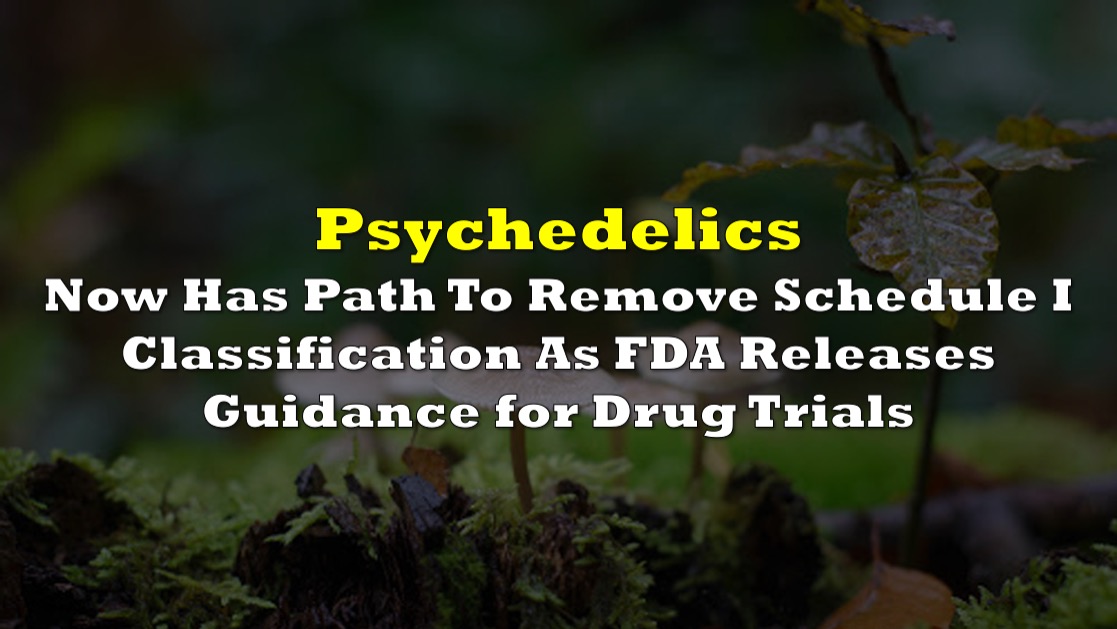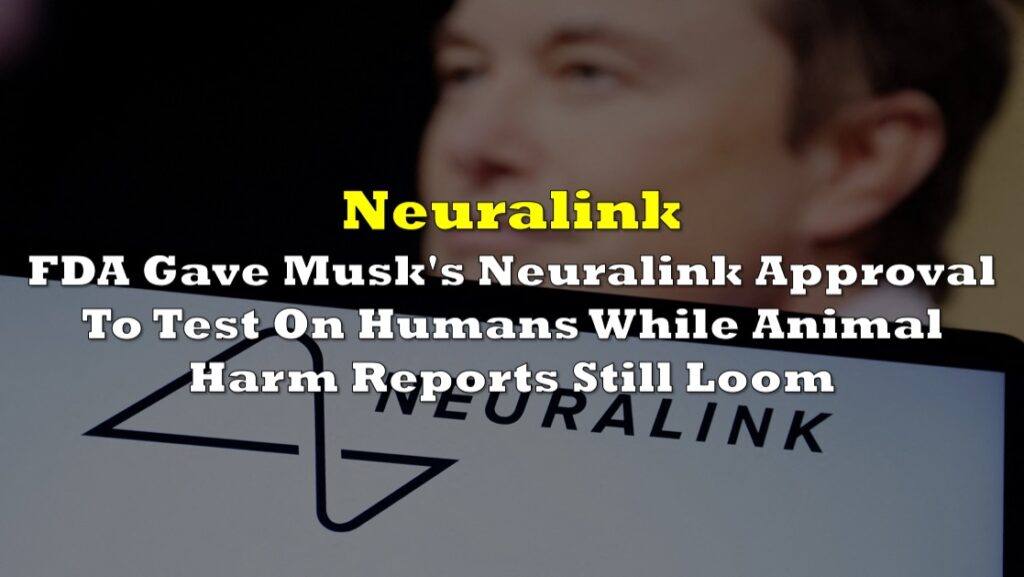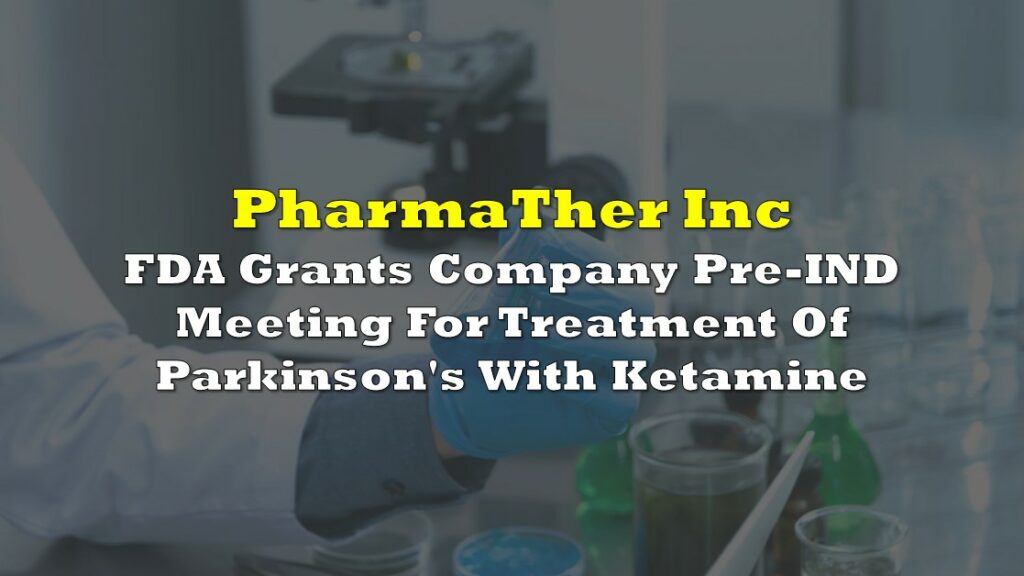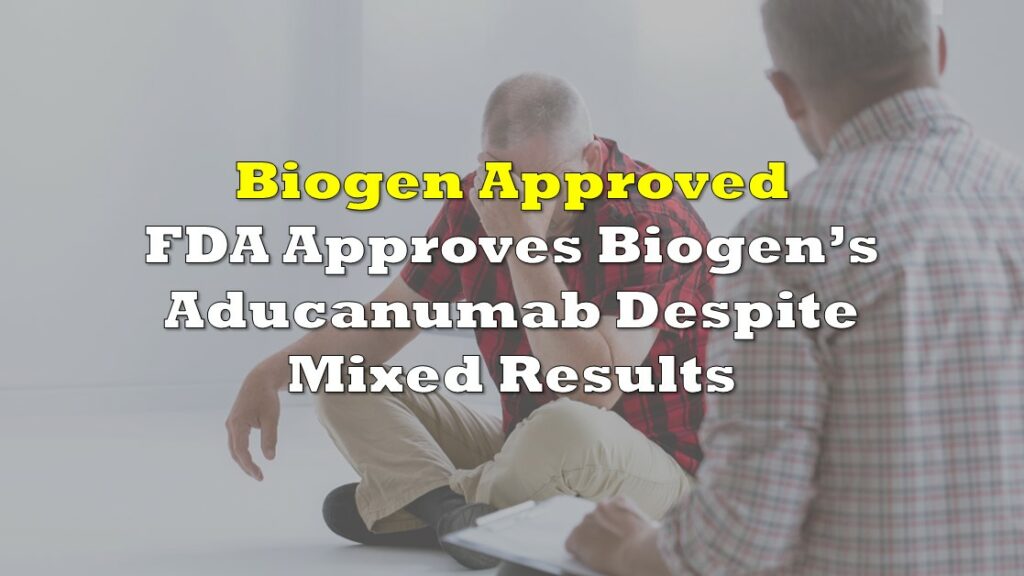The U.S. Food and Drug Administration (FDA) has released a groundbreaking draft guidance to provide crucial insights for researchers exploring the use of psychedelic drugs in the treatment of various medical conditions, like post-traumatic stress disorder (PTSD), depression, and anxiety.
This move marks the first FDA draft guidance specifically addressing the design of clinical trials for psychedelic drugs, integrating substances like magic mushrooms and LSD into behavioral health treatments.
This development holds substantial significance as psychedelics gain widespread acceptance and evolve into a multi-billion-dollar industry. After years of concerns about recreational use and the associated risks, research on psychedelic treatments, predominantly funded by private sponsors, has been on the rise.
The 14-page document, filed just two days after a bipartisan coalition led by Rep. Dan Crenshaw introduced legislation calling for clinical trial guidelines, sheds light on trial conduct, data collection, and subject safety. The timing of this release coincided with the “largest psychedelic conference in history” held in Denver, where over 10,000 attendees and numerous exhibitors gathered, underscoring the growing interest in this field.
The FDA’s draft guidance focuses on “classic psychedelics” like psilocybin (commonly known as magic mushrooms), lysergic acid diethylamide (LSD), and “entactogens” or “empathogens” such as methylenedioxymethamphetamine (MDMA). These substances have demonstrated promising potential for treating addiction and mental health disorders.
By providing this guidance, the FDA aims to assist researchers in designing studies that generate conclusive results capable of supporting future drug applications. Moreover, the document emphasizes the importance of considering potential interactions between psychedelics and other medications, such as antidepressants or lithium.
Hurdles to psychedelic pathway
However, challenges persist. Some businesses in the psychedelic industry seek to bypass the costly and resource-intensive FDA approval process in favor of state frameworks that permit specific uses. This approach, while providing more freedom for market entry, leaves marketed psychedelics unapproved and illegal under federal law.
Furthermore, the integration of psychotherapy with psychedelic drugs may increase costs for sponsors and pose challenges in evaluating the efficacy of these treatments.
Nevertheless, the trajectory for the mainstreaming of psychedelics appears favorable. An analysis in JAMA Psychiatry predicts that most states will legalize psychedelics by 2037, with over 25 states already considering legislation. Oregon and Colorado have already decriminalized supervised psychedelic use, although neither state endorses it as a mental health treatment.
Interestingly, psychedelics encounter less resistance compared to medical cannabis, possibly due to the preliminary clinical benefits demonstrated in pilot studies.
Regarding legal and regulatory aspects, the draft guidance reminds researchers that psychedelics like LSD, MDMA, and psilocybin are classified as Schedule I controlled substances by the Drug Enforcement Administration, as they have high addictive potential and no accepted medical use. This classification complicates research, necessitating multiple applications and a Schedule I license. However, if the FDA approves a psychedelic-based product, it could subsequently recommend reclassifying the drug for the specific authorized use, thereby removing it from Schedule I.
Notably, the FDA’s draft guidance has been eagerly awaited by researchers in the field. Steven Grant, director of research for the Heffter Research Institute, a leading institution studying the therapeutic potential of psychedelics, highlights that the guidance consolidates the FDA’s responses to ongoing clinical trials.
“This is a codification of recommendations and guidances that the FDA has developed as clinical trials for these substances have progressed,” said Grant.
With this document, the FDA aims to establish consistent communication with drug sponsors and researchers.
Companies actively engaged in psychedelic drug development have welcomed this regulatory clarity, recognizing the alignment between the guidance and their current trial designs. Robert Barrow, CEO of MindMed, a company conducting multiple trials on psychedelic drugs for mental and neurological illnesses, expresses confidence that their approach resonates with current regulatory perspectives.
“It’s really formalized in this guidance document that the way we have been approaching this over the past several years is consistent with current thinking … from regulators,” said Barrow.
Similarly, the Multidisciplinary Association for Psychedelic Studies’s for-profit subsidiary, MAPS Public Benefit Corporation, considers the guidance a significant step forward for future drug applications. Industry stakeholders, including drugmaker COMPASS Pathways, see no need for modifications to their trial designs as a result of the draft guidance.
Public comment on the proposed guidance will commence on Monday and remain open until August 25, allowing various stakeholders to contribute their perspectives on the draft guidance.
Information for this story was found via Axios and the sources mentioned. The author has no securities or affiliations related to this organization. Views expressed within are solely that of the author. Not a recommendation to buy or sell. Always do additional research and consult a professional before purchasing a security. The author holds no licenses.









